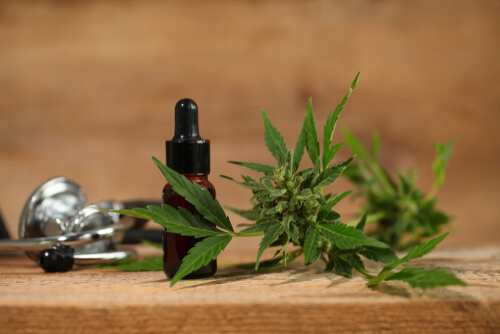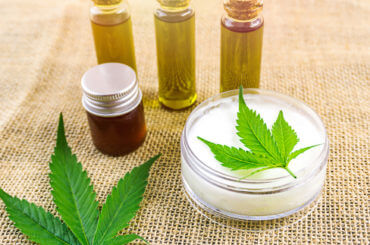
Lichen planus is characterized by papules, which are elevated lesions on the skin. The wrists, ankles, and lower back, as well as the scalp and mucous membranes, can be affected. The genitals and the inside of the mouth can also be affected. The ailment normally goes away on its own after 1–2 years, though it might return and leave scars. It affects more women than males and is most common in individuals between the ages of 30 and 60.
The lesions are frequently irritating, but they may not itch at all in certain situations. Lichen planus shows up as white spots on the tongue, gums, and inside the cheeks in the mouth. Corticosteroid creams or ointments, which reduce inflammation and irritation, are the most popular treatments for lichen planus. CBD may also assist to reduce inflammation, according to some research.
CBD For Lichen Planus
Cannabidiol, or CBD, is a cannabinoid, which is one of the many active ingredients found in hemp and some cannabis strains. It has become more popular in recent years as a result of its potential advantages for a variety of ailments, including several skin problems. Numerous studies have found that CBD is capable of managing eczema, psoriasis, acne, etc. and it can also help in reducing visible signs of aging.
The first thing you should note is that currently, no studies are directly looking at the effects of CBD on lichen planus. However, according to a Molecules review published in 2019, CBD may have a variety of effects on skin health.
By regulating the rate at which skin cells grow, mature, and perish, the endocannabinoid system in our body aids in the maintenance of a balanced condition. As a result, it appears that ECS disruption may play a key role in a variety of skin disorders. Many positive benefits of CBD are also exerted here. It improves ECS activation by reducing the rate at which our natural cannabinoids degrade.
TRPV1 and PPAR-gamma receptors are examples of cell receptors outside of the ECS that it can bind to. Both of these are essential for inflammation reduction. So, while there is no medical evidence to support CBD’s usage for lichen planus, it may have some effect. Additionally, anecdotal reports from persons who have used CBD oil to treat lichen planus are encouraging.


